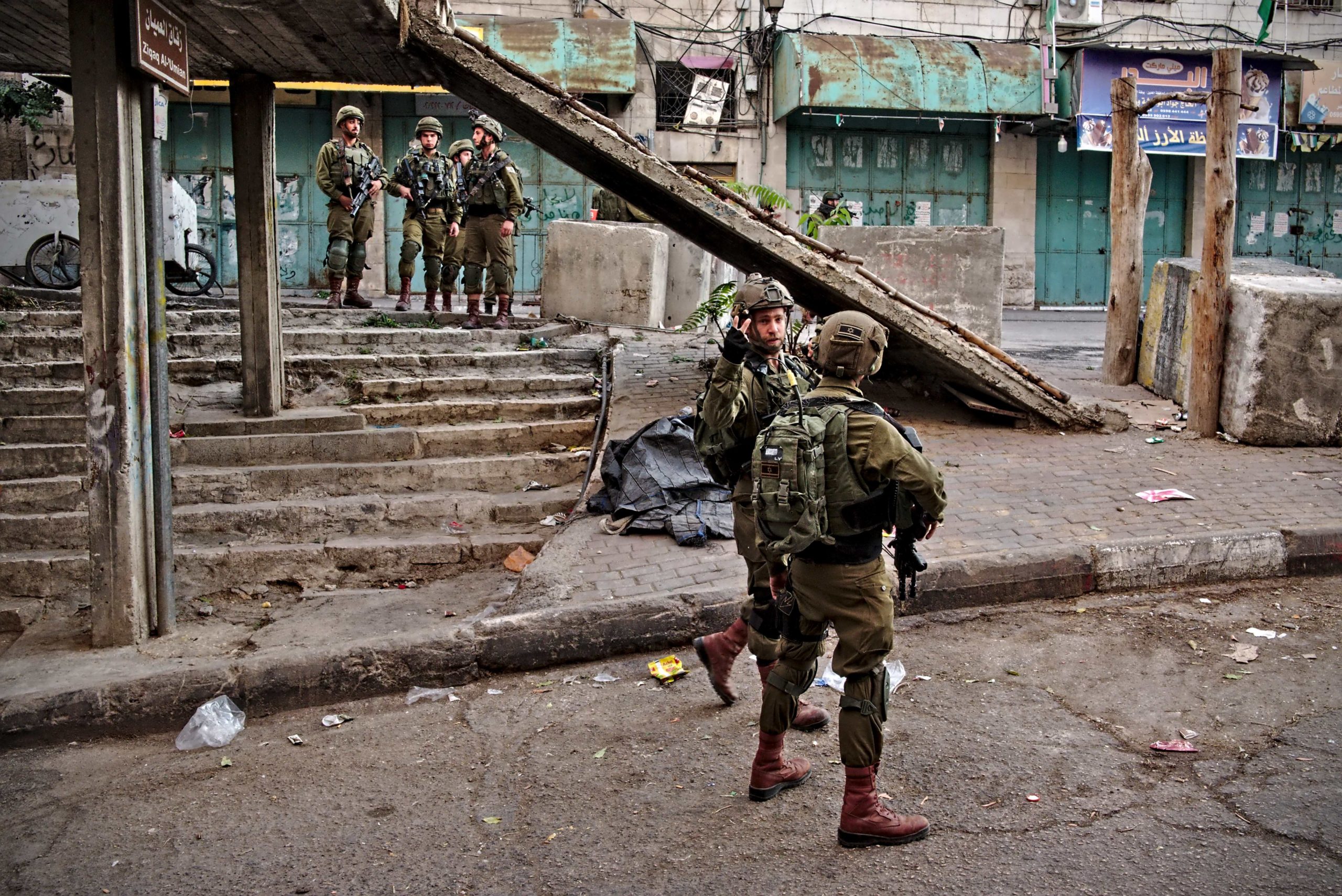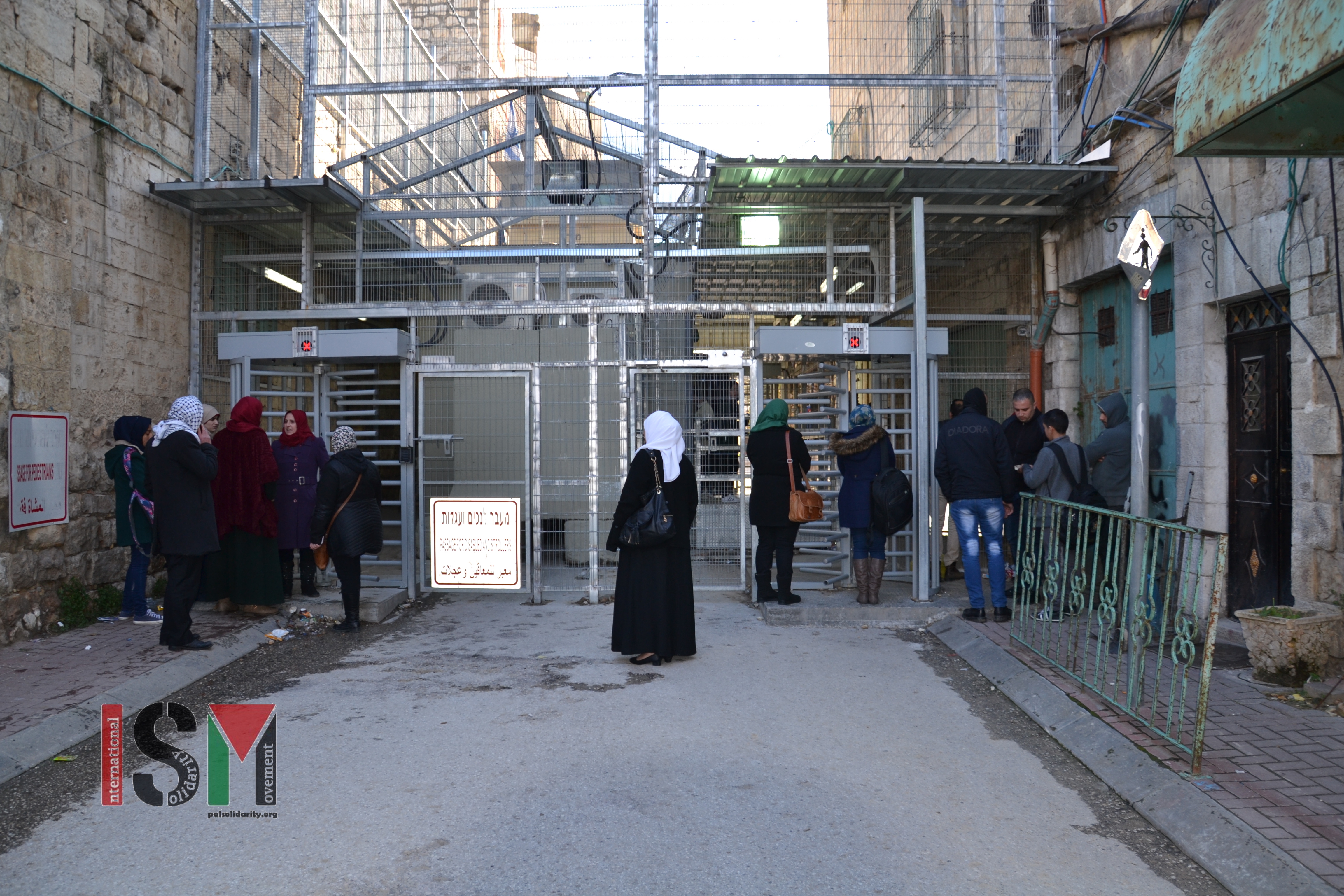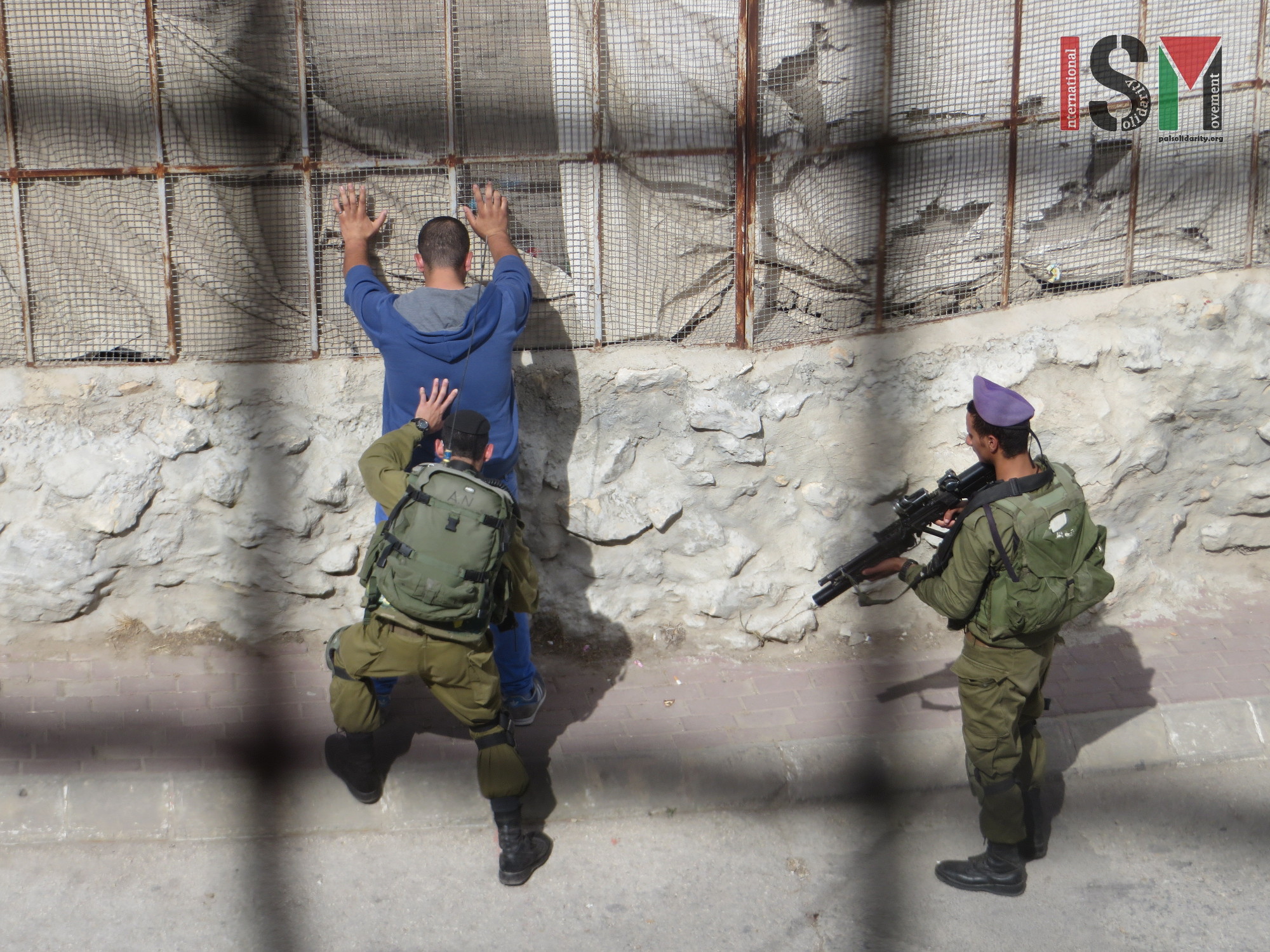Tag: humiliation
-
About the legitimisation of the Palestinian oppression in Al Khalil (Hebron)
Personal reflections of a ISM activist about the settlers’ violence and its related impunity in Al Khalil, West Bank. To which extent these people are allowed by the Israeli soldiers to transform a Palestinian city into their own amusement-park?
-
Checkpoints for humiliation: a journal piece
4th April 2017 | International Solidarity Movement, al-Khalil team | Hebron, occupied Palestine Earlier this month, an international woman was ordered to ‘take off her clothes’ after setting off the alarm whilst passing the metal detector at Shuhada checkpoint, occupied al-Khalil (Hebron). This is a personal journal of the events. Humiliation, harassment, intimidation – a…
-
Humiliation
3rd February 2017 | International Solidarity Movement, al-Khalil team | Hebron, occupied Palestine No one can describe this feeling, when occupation did what it does best: humiliate, harass, humiliate. There is no words to say, today, I was treated like I’m not a human being. No words, that can put across the actual meaning. The…



